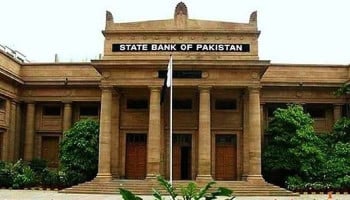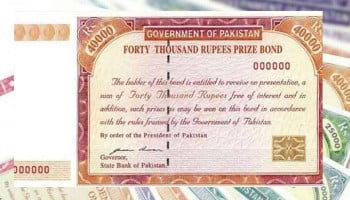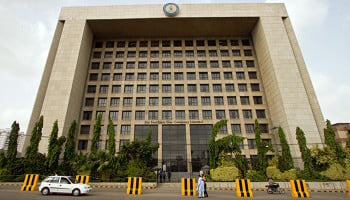
The European Central Bank (ECB) on Thursday announced its first interest rate cut since 2019, in a move to tackle inflation even as it noted the fight was far from over.
The central bank stated its expected prediction for inflation to be around 2.2% in 2025, higher than its earlier expection of 2.0%.
The share of the euro dropped to 2.6% from more than 10% in 2022 due to the inflation in the 20 countries, lower fuel prices, and a relief of post-pandemic supply risks. However, the process has stopped currently, which appeared as begin of a major ECB helping cycle looks more unstable because of signs inflation might identify adhesive.
The ECB lines up with the central banks of Canada, Sweden, and Switzerland after Thursday’s step in the downfall of some of the increased rates in current history.
ECB President Christine Lagarde was asked whether the ECB was into an aspect of “dialling back” its tight monetary policy stance, she stated that she could not confirm such a progress was underway, but that there was “a strong likelihood”.
"But it will be data-dependent, and what is very uncertain is the speed at which we travel and the time that it will take," Lagarde added.
Influential board member Isabel Schnabel expressed a concern: “Stronger-than-expected data about eurozone inflation, wages and economic activity over the last few weeks has fuelled fears of a more difficult "last mile" on the way to the ECB's goal”.
A response in growth decreased the significance of the ECB. The argument erased that the high prices are affecting economic activity.
According to an economist Mohit Kumar: "The pace of rate cuts will be dependent on the U.S. and the Fed," "In the event that the Fed doesn't cut rates at all this year - not our base case - we could see only two cuts from the ECB this year."
















